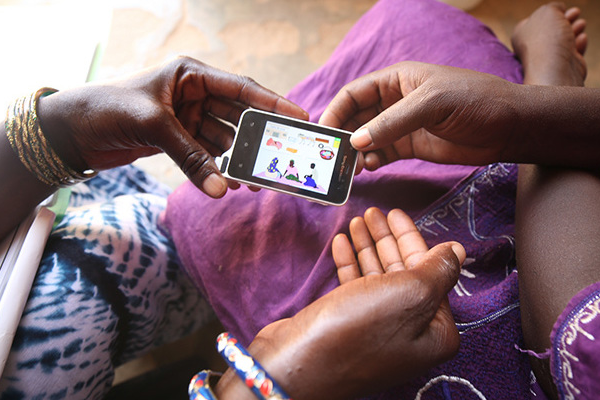 How can ICT4D improve healthcare in developing countries?
How can ICT4D improve healthcare in developing countries?
There are many ways in which ICT4D (Information and Communication Technologies for Development) can improve healthcare in developing countries. Some examples include:
- Telemedicine: ICTs can be used to connect healthcare providers in remote or underserved areas with specialists in urban centers, allowing for the delivery of high-quality medical care to people who might otherwise not have access to it.
- Health information systems: ICTs can be used to create and maintain electronic health records, which can improve the accuracy and efficiency of healthcare delivery and reduce the risk of medical errors.
- Disease surveillance and outbreak response: ICTs can be used to track and monitor the spread of diseases, allowing for more effective and timely responses to outbreaks.
- Public health campaigns: ICTs can be used to deliver health education and information to large populations through social media, mobile apps, and other digital platforms, helping to raise awareness about health issues and promote healthy behaviors.
- Supply chain management: ICTs can be used to improve the management of medical supplies, ensuring that they are delivered to the right place at the right time, and helping to prevent shortages and wastage.
Overall, the use of ICTs in healthcare can help to improve access to care, quality of care, and the efficiency of healthcare delivery in developing countries, ultimately leading to better health outcomes for the populations served.
Read More About ICT4D in Healthcare Below
How Integrated Virtual Services Can Address Frontline Health Worker Shortages
The World Health Organization estimates that we need 18 million more frontline health workers (FLHWs) by 2030 to achieve the SDG targets and other global health...
Inform WHO and USAID of Your Digital Health Solution for COVID-19 Response
USAID is conducting a mapping of all existing digital health software platforms, with a particular focus tools that can be adapted for COVID-19 digital response...
Improving Tuberculosis Care with Behavior Change Technology
In the last twenty years, an explosion of research in the social sciences has demonstrated that seemingly small changes in the decision environment, such as a change...
Apply Now: $25,000 for COVID-19 Digital Detect and Protect Solutions
COVID-19 is an unprecedented global health and humanitarian emergency. It threatens to create devastating social, economic, and political crises that could leave...
Please Submit Your Session Ideas for Global Digital Health Forum 2020
Please submit your session ideas for the first Virtual Global Digital Health Forum by July 2, 2020.
We are shifting the Global Digital Health Forum 2020 to an online...
Apply Now: $10 Million for Artificial Intelligence COVID-19 Digital Response
How can we develop and scale responsible and evidence-based artificial intelligence algorithms and data science approaches that support COVID-19 Digital Response...
How to Use Mobile Phone Data to Guide New Health Facility Locations
Targeted placement of government health clinics is required to provide widespread access to primary health care services, and achieve the Sustainable Development...
Apply Now: £200,000 DFID Grant Funding for Resilient Health Systems
We know from the Ebola epidemic in West Africa that reductions in reproductive, maternal, newborn and child and adolescent health (RMNCAH) services persisted well...
Apply Now: $1.5 Million Grant Funding for Health Security Technology
The novel coronavirus disease is the latest in a series of infectious disease emergencies, including cholera, Ebola, SARS, Chikungunya, HIV/AIDS, and influenza....
Download Now: Official WHO COVID-19 Learning Resources Application
Get first access to World Health Organization‘s new COVID-19 mobile learning app targeted specifically to health workers. Download it now on:
Apple App Store
Google...











